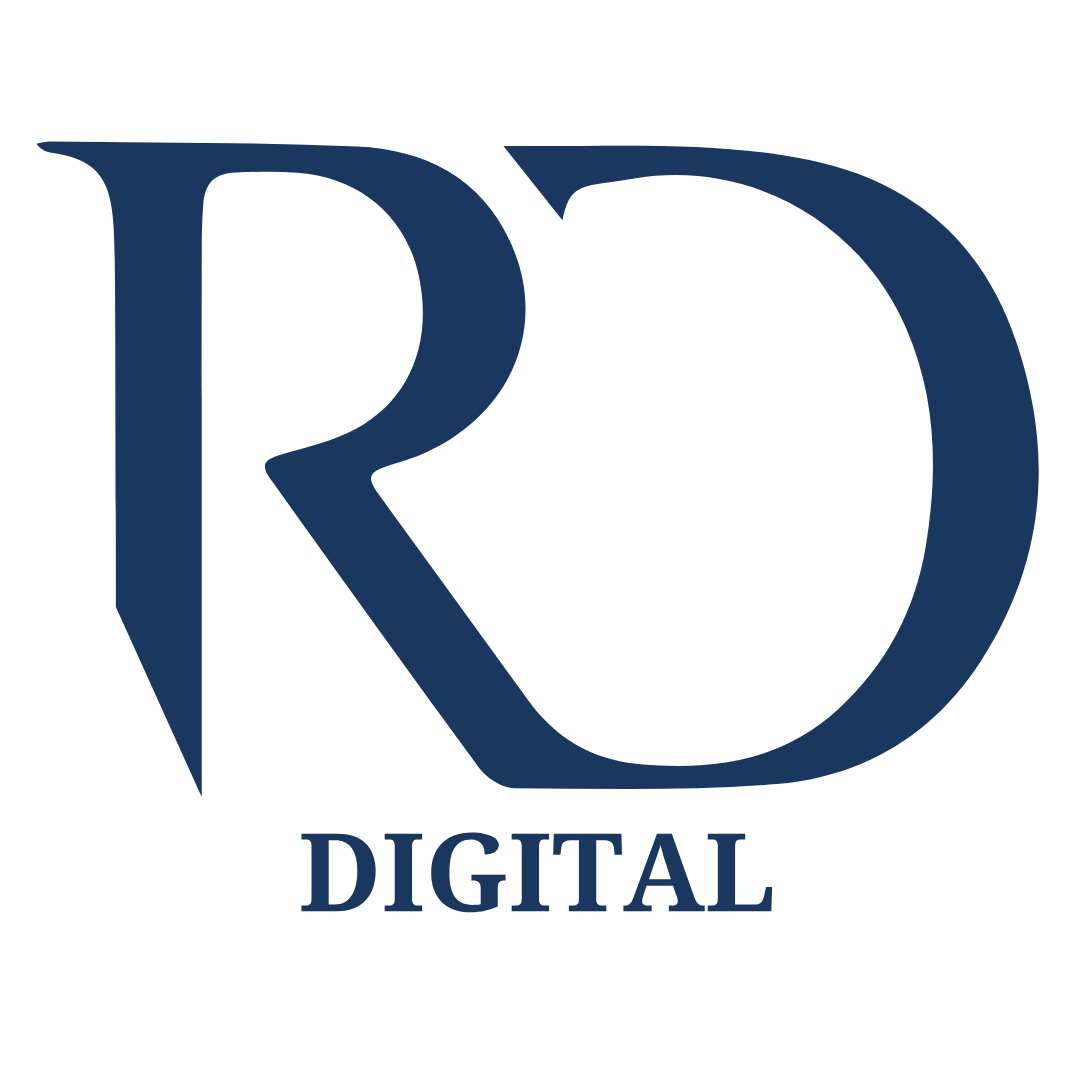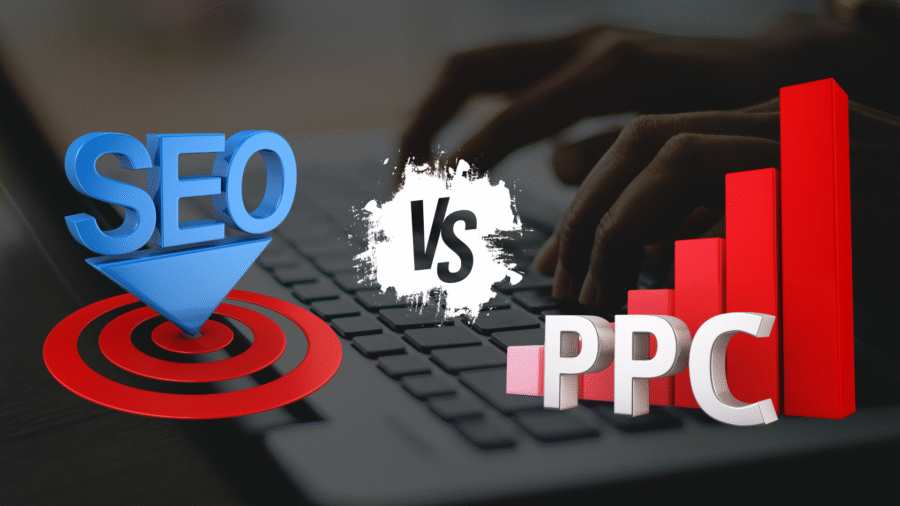Imagine asking your phone a question and getting an answer without even typing a word. Now picture search engines that don’t just scan keywords, they understand your intent, your habits, and even your tone of voice. This isn’t science fiction. It’s the new reality of search, powered by Artificial Intelligence and Voice Search.
We’re no longer optimizing for machines. We’re optimizing for human conversation, intent, and intelligence. In this bold new era, traditional SEO strategies are crumbling under the weight of smarter algorithms and voice-activated queries. If your content isn’t evolving, it’s vanishing.
Welcome to the AI-powered, voice-first search ecosystem, where what worked yesterday won’t win tomorrow. The rules have changed and we’re here to show you how to stay on top.
Take a look at how AI and Voice Search are rewriting the SEO playbook, and more importantly, how you can ride this wave of innovation to rank higher, reach more users, and future-proof your digital presence.
Rise of AI in SEO: Intelligent Algorithms Redefining Rankings
Search engines like Google are increasingly powered by AI-driven algorithms such as RankBrain, BERT, and MUM, designed to better understand searcher intent and contextual meaning. These intelligent systems no longer rely solely on keyword matching but instead evaluate semantic relevance and search context.
Implications of AI for SEO include:
- Semantic Search Optimization: AI evaluates entities, relationships, and user intent, making it critical to structure content for topic relevance rather than keyword stuffing.
- User Experience Signals: Engagement metrics like click-through rate (CTR), dwell time, and bounce rate are assessed in real-time to determine content usefulness.
- Personalization: AI tailors search results based on individual user behavior, requiring brands to focus on hyper-relevant, user-centric content.
To remain competitive, we must adopt AI-focused SEO strategies, including content clusters, structured data, and natural language generation to align with how AI parses and delivers search results.
Voice Search Optimization: Embracing Conversational SEO
With the proliferation of smart assistants like Alexa, Siri, and Google Assistant, voice search is surging. According to Statista, over 4.2 billion digital voice assistants are in use worldwide, expected to double by 2024. This evolution demands a shift from traditional SEO to Conversational SEO.
Core strategies for Voice Search SEO:
- Focus on Natural Language Queries: Voice searches are longer and more conversational, such as “What’s the best digital marketing agency near me?” instead of “digital marketing agency.”
- Optimize for Featured Snippets: The majority of voice responses are pulled from Google’s Position Zero—the Featured Snippet. Content must answer questions concisely and contextually.
- Target Local SEO: “Near me” queries dominate voice search. Optimizing for Google Business Profile, NAP consistency, and localized keywords is crucial.
- Use of Structured Data: Implementing Schema Markup enables search engines to interpret content context and display rich results effectively.
AI Content Creation: Friend or Foe to SEO?
AI tools like ChatGPT, Jasper, and Writesonic are revolutionizing content creation. However, content quality remains a ranking factor that cannot be sacrificed. Google’s E-E-A-T guidelines – Experience, Expertise, Authoritativeness, and Trustworthiness—emphasize the need for human oversight and original insight.
Best practices for AI-generated content:
- Use AI to accelerate ideation and outline development, but ensure editorial review by subject matter experts.
- Avoid duplication by running content through plagiarism checkers and fact verification tools.
- Layer AI output with personal experiences, data points, and case studies to enhance authority.
Note: Want your brand to rise above the noise in today’s AI and voice-driven world? At RD Digital, we don’t just offer SEO services — we craft custom digital marketing solutions designed to connect, engage, and convert your ideal audience. Ready to unlock your true online potential? Let’s make your SEO unstoppable together.
Book Your Free Audit Call!
Synergy of AI and Voice Search: A Unified SEO Approach
AI and voice search are not siloed innovations. Together, they signal a future of intent-driven search experiences where content must be:
- Conversationally structured
- Rich in contextual cues
- Highly accessible and mobile-optimized
- Integrated with schema for clarity and hierarchy
This requires a complete rethinking of SEO content architecture, from pillar pages and topic clusters to semantic interlinking and FAQ optimization.
Mobile Optimization and Core Web Vitals: A Prerequisite for AI and Voice
Most voice searches originate from mobile devices. Hence, mobile-first indexing and performance metrics like Core Web Vitals have become pivotal ranking signals. Google measures:
- Largest Contentful Paint (LCP)
- First Input Delay (FID)
- Cumulative Layout Shift (CLS)
To rank well in AI-powered and voice search contexts, your site must be:
- Fast-loading (under 2.5 seconds)
- Visually stable
- Responsive across devices
AI SEO Tools to Leverage in 2025 and Beyond
To stay ahead of the curve, implement advanced AI-powered SEO tools that provide predictive insights, automate optimization, and improve targeting precision:
- Surfer SEO: For content scoring and NLP-driven optimization
- Clearscope: For semantic keyword targeting
- MarketMuse: For content planning and gap analysis
- Frase.io: For AI content briefs and FAQs
- SEMRush & Ahrefs: For comprehensive competitive and backlink analysis
Integrating these tools into your content workflow enables scalable growth without compromising quality.
Future of SEO in an AI and Voice-Driven Era
We are entering an age where search engines learn faster, users search smarter, and content needs to be more authentic, helpful, and discoverable than ever before. Voice interfaces and AI engines are merging to create zero-click experiences, meaning users get their answers without ever visiting a page.
To win in this future, SEO must evolve into a multi-disciplinary approach, combining:
- Technical precision
- Human creativity
- Behavioral insights
- AI augmentation
Brands that embrace this fusion will not only rank better, but they will also connect more meaningfully with their audiences.
Evolve or Be Invisible
The integration of AI and Voice Search into SEO is no longer speculative, it is the present and the future. Businesses must adopt conversational, context-aware, technically sound strategies to meet these evolving standards. Those who do will enjoy higher visibility, better engagement, and long-term digital dominance.


